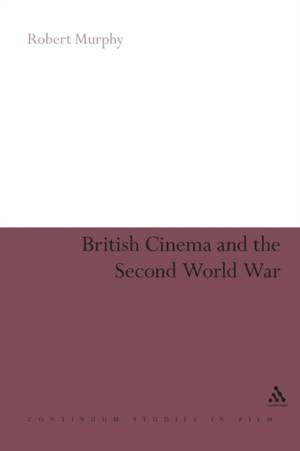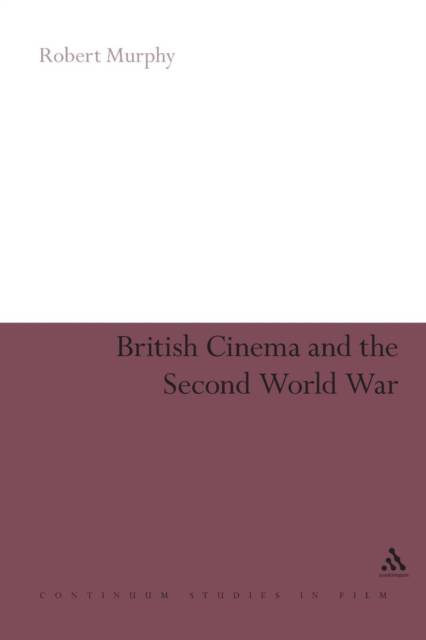
- Afhalen na 1 uur in een winkel met voorraad
- Gratis thuislevering in België vanaf € 30
- Ruim aanbod met 7 miljoen producten
- Afhalen na 1 uur in een winkel met voorraad
- Gratis thuislevering in België vanaf € 30
- Ruim aanbod met 7 miljoen producten
Zoeken
€ 89,95
+ 179 punten
Omschrijving
The Second World War was such a cataclysmic event that its echoes still reverberate over fifty years after it ended. One of the prime means of exploring the impact of the war has been the feature film. From In Which We Serve, Millions Like Us and The Way to the Stars, made during the war, to Above Us the Waves and the Dam Busters made in the 1950s, the war film became a staple of British cinema - but popular success was not paralleled by critical approval. Most criticism of British war films has been negative and sometimes derogatory, partly because of an intellectual preference for European and Hollywood cinema, and partly as a reaction against films which seemed to celebrate war.
However, sufficient historical distance has now opened up to allow a more judicious view. From modestly budgeted, small-scale dramas like Sea of Sand to expensive and ambitious recreations of famous battles like A Bridge Too Far, these films show an impressive attention to truth and authenticity.
However, sufficient historical distance has now opened up to allow a more judicious view. From modestly budgeted, small-scale dramas like Sea of Sand to expensive and ambitious recreations of famous battles like A Bridge Too Far, these films show an impressive attention to truth and authenticity.
Specificaties
Betrokkenen
- Auteur(s):
- Uitgeverij:
Inhoud
- Aantal bladzijden:
- 352
- Taal:
- Engels
- Reeks:
Eigenschappen
- Productcode (EAN):
- 9780826478979
- Verschijningsdatum:
- 15/08/2005
- Uitvoering:
- Paperback
- Formaat:
- Trade paperback (VS)
- Afmetingen:
- 160 mm x 231 mm
- Gewicht:
- 539 g

Alleen bij Standaard Boekhandel
+ 179 punten op je klantenkaart van Standaard Boekhandel
Beoordelingen
We publiceren alleen reviews die voldoen aan de voorwaarden voor reviews. Bekijk onze voorwaarden voor reviews.








